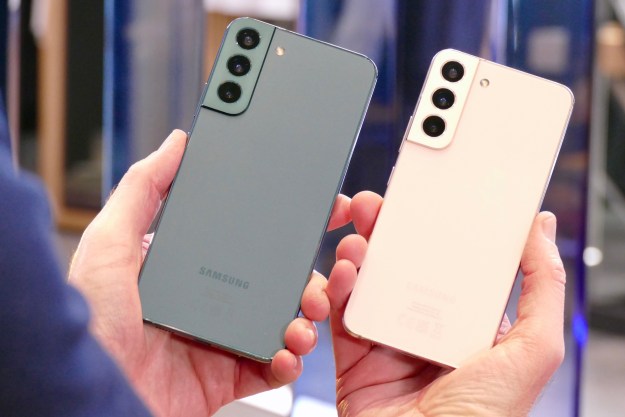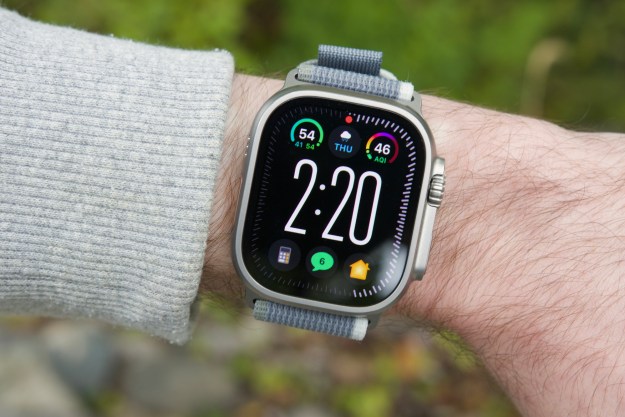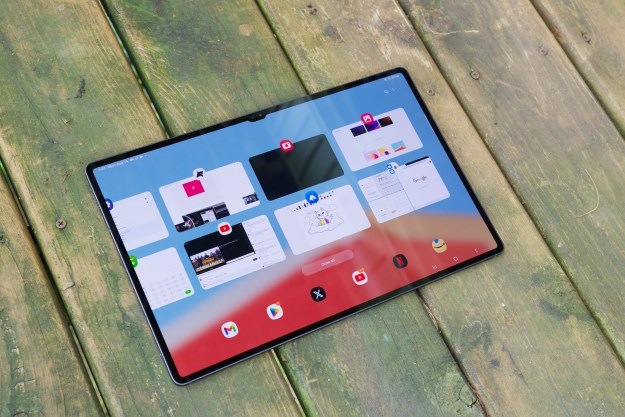 Last month, Kodak lost ground in its patent infringement suit accusing Apple and RIM smartphone cameras of using its technology. Today, the ITC decided it will review that decision and gave Kodak an important victory in the case that could see the company an incredible increase in its licensing revenue, according to Bloomberg.
Last month, Kodak lost ground in its patent infringement suit accusing Apple and RIM smartphone cameras of using its technology. Today, the ITC decided it will review that decision and gave Kodak an important victory in the case that could see the company an incredible increase in its licensing revenue, according to Bloomberg.
The case dates back to January 2010, when Kodak accused the smartphone-makers of using technology related to previewing moving images in low resolution while recording high-res stills. The ITC soon after began an investigation, and determined in January of this year that Apple and RIM were not guilty. But things are looking up now that the ITC will review the earlier finding, leaving Kodak to sit back and until for a final verdict, which is due by May 23. And what will it mean to Kodak if it’s able to come away with the win? Billions. According to Bloomberg’s report, Kodak could rake in an extra $1 billion in newly added licensing fees off the patented technology.
It isn’t the first time Kodak has sued and won for the smartphone feature. In 2009, the veteran camera company took Samsung to court for patents regarding image compression, data storage, image preview, and image capture, which the manufacturer’s phones featured. But unlike the more recent legal drama, Samsung opted to settle out of court for a reported $964 million.
Kodak’s market value has struggled in recent years. It’s less of a big name in the digital camera world and obviously its print film business has taken a beating. But money from patent litigation has been its saving grace, raking in $838 million for the company. And the money doesn’t stop there: Kodak “expects to average $250 million to $350 million in annual revenue from intellectual property licensing through 2013. That figure doesn’t include potential Apple and RIM royalties.”
So it appears that Kodak may be able to coast on its patent lawsuits without spending much to manufacturer new devices, a habit tech companies have seemingly been relying on. That said, it’s hard to accuse the little guy (in this situation) of taking big names like RIM, Samsung, and Apple to court for profiting off its own ideas. Still, patent litigation in the industry is setting a dangerous precedent – and we’re likely only seeing the beginning of it.


